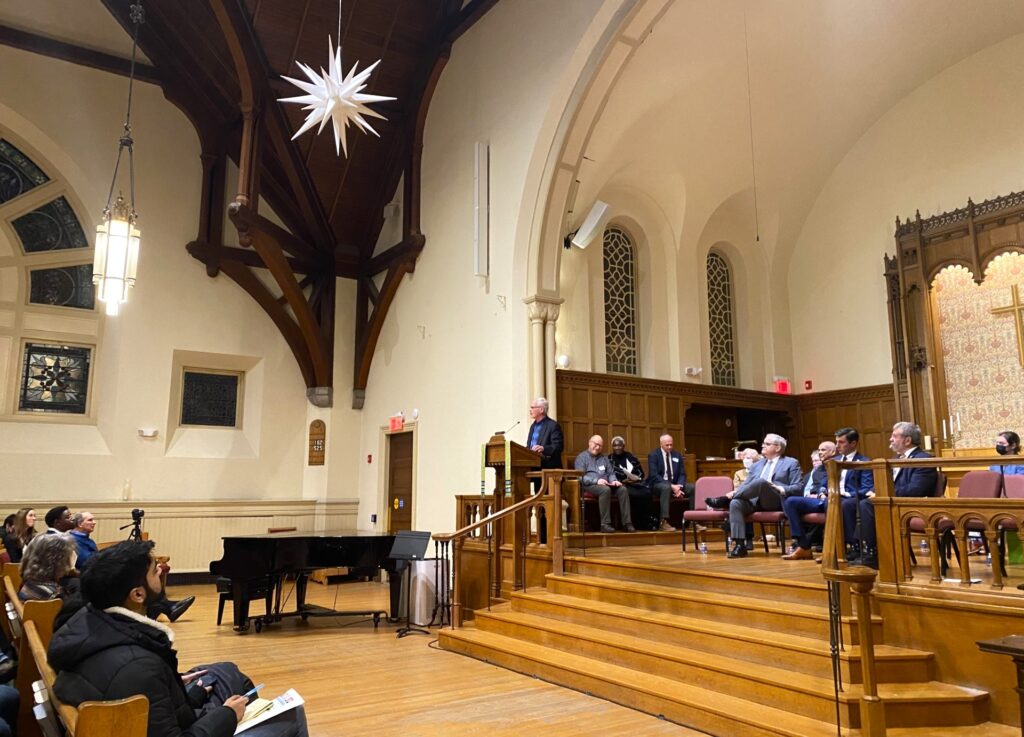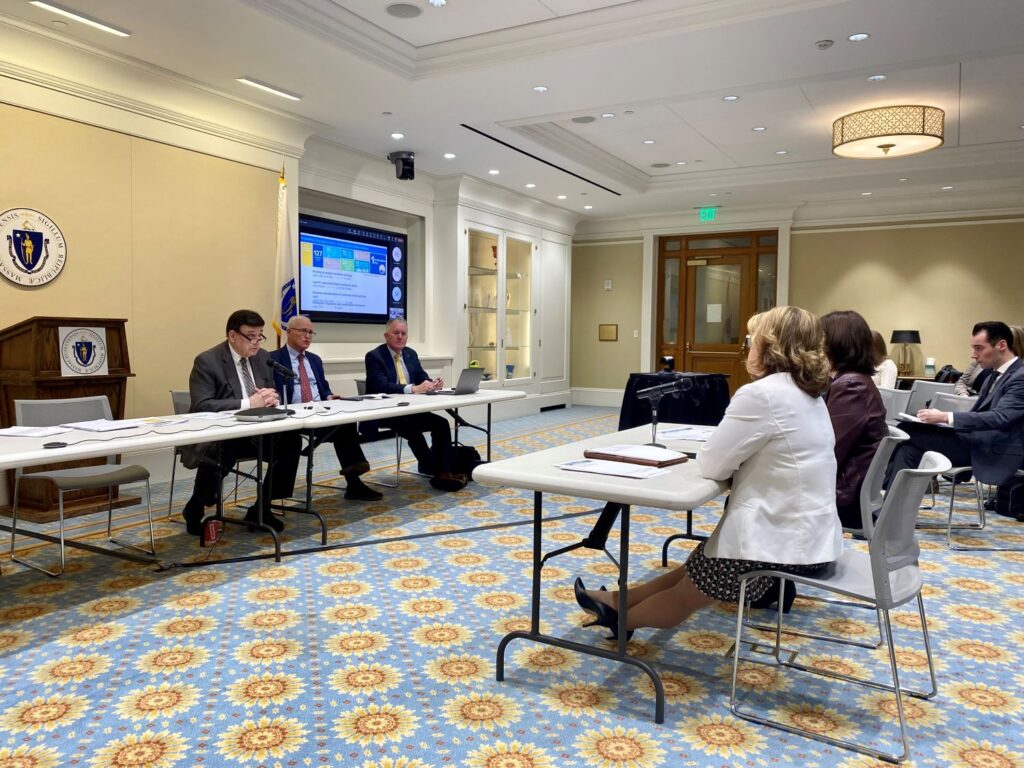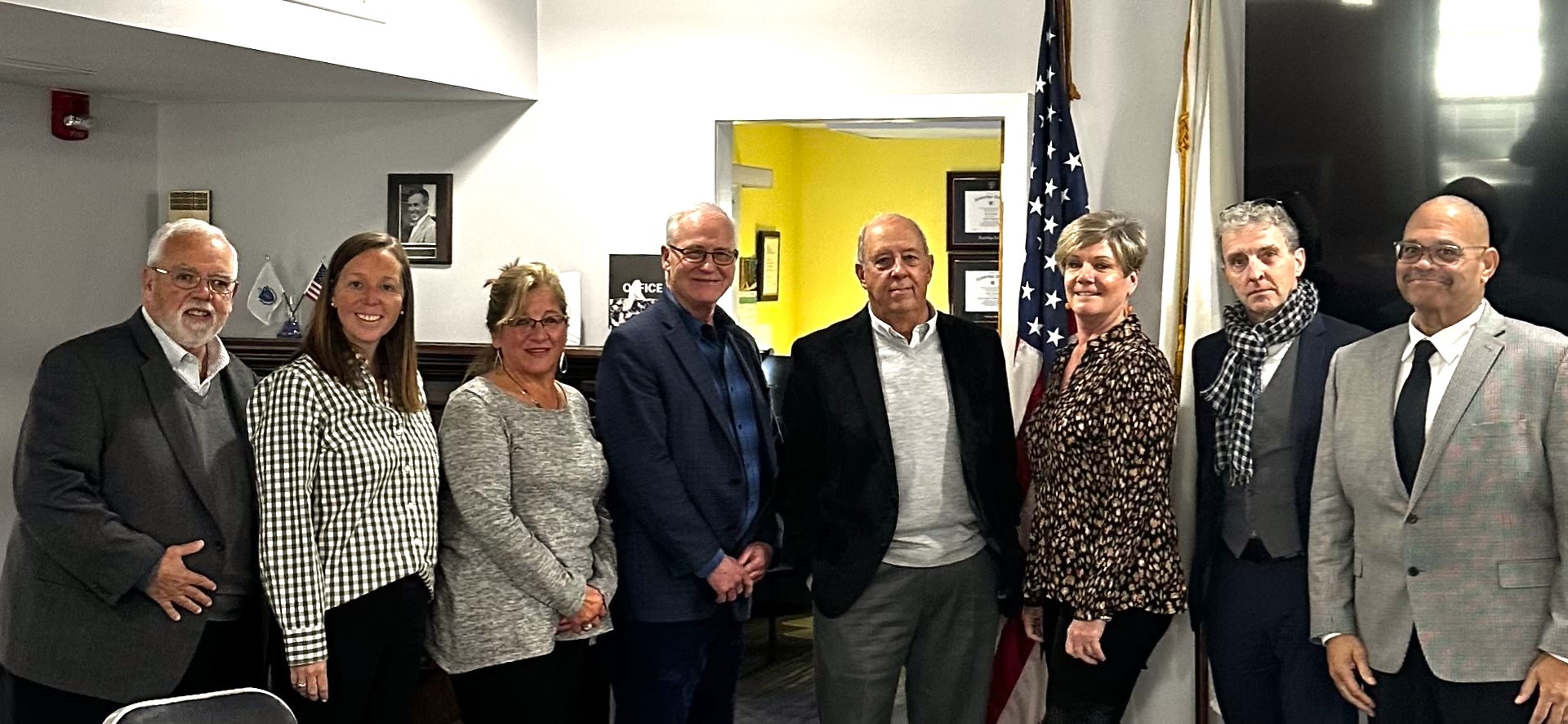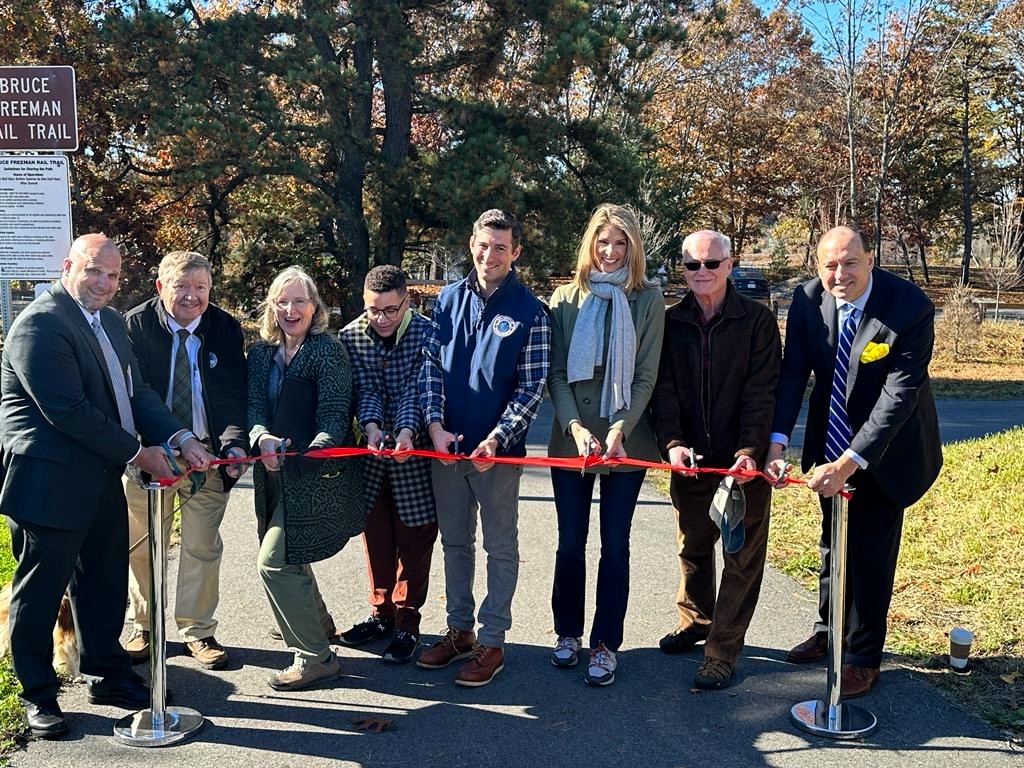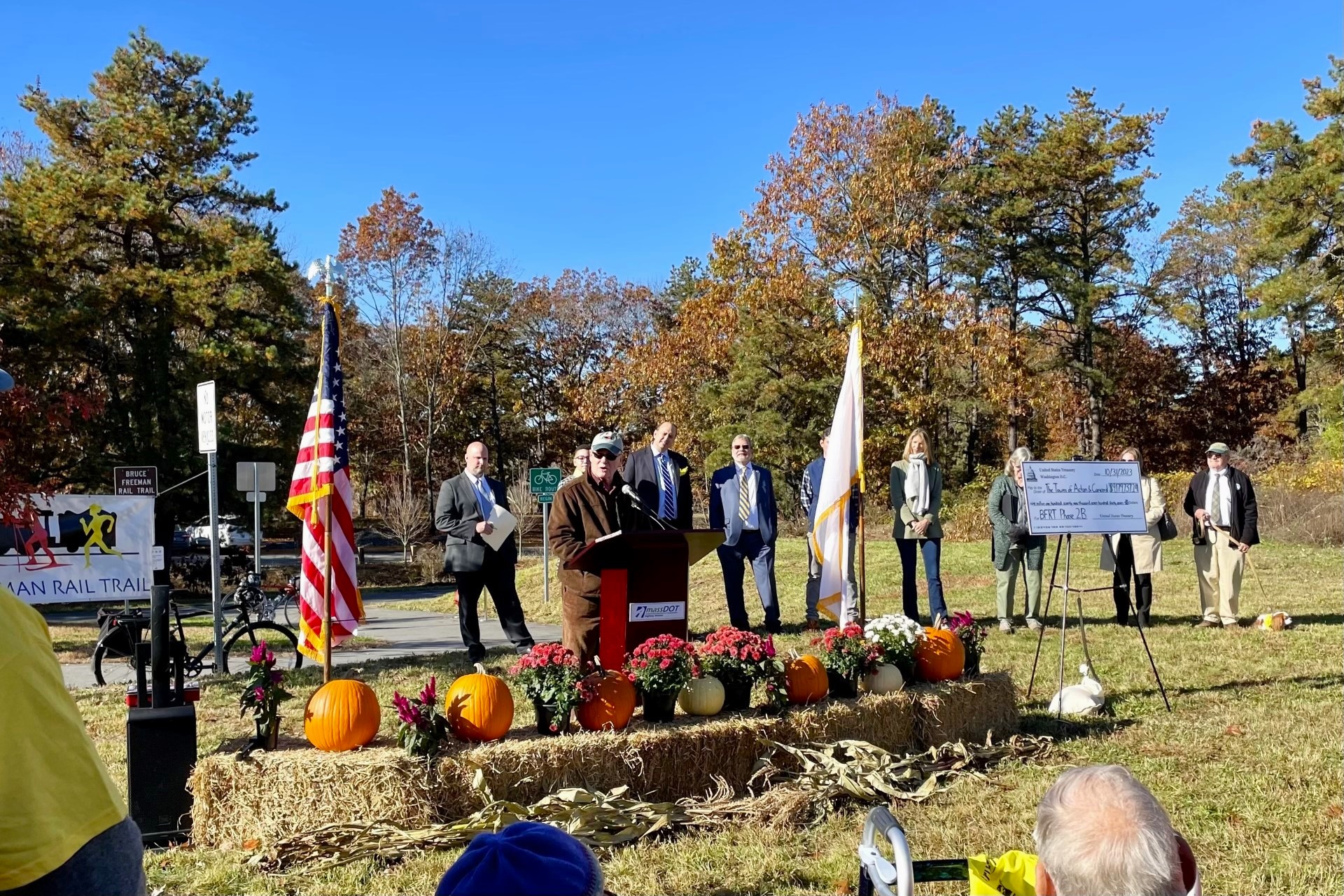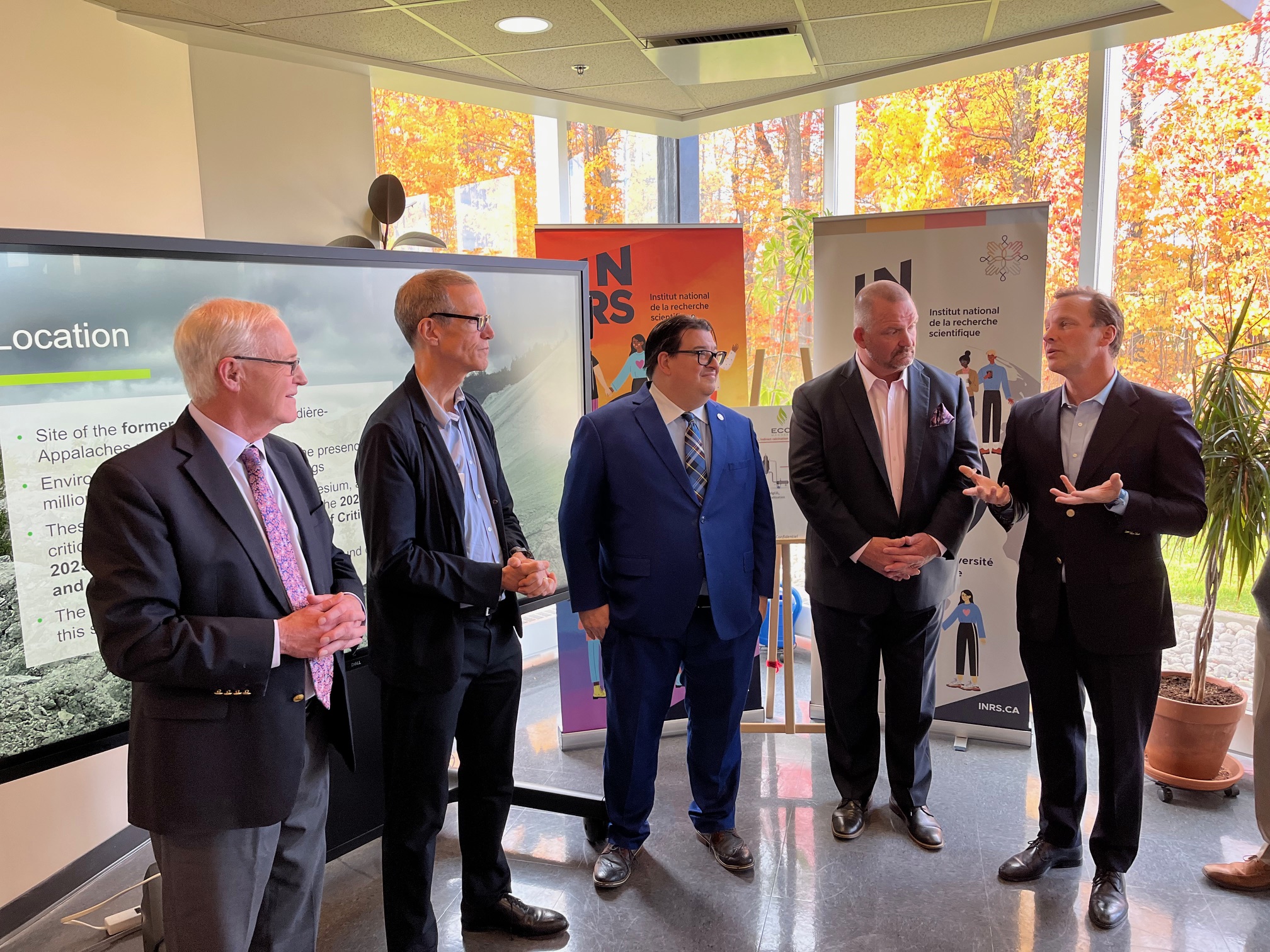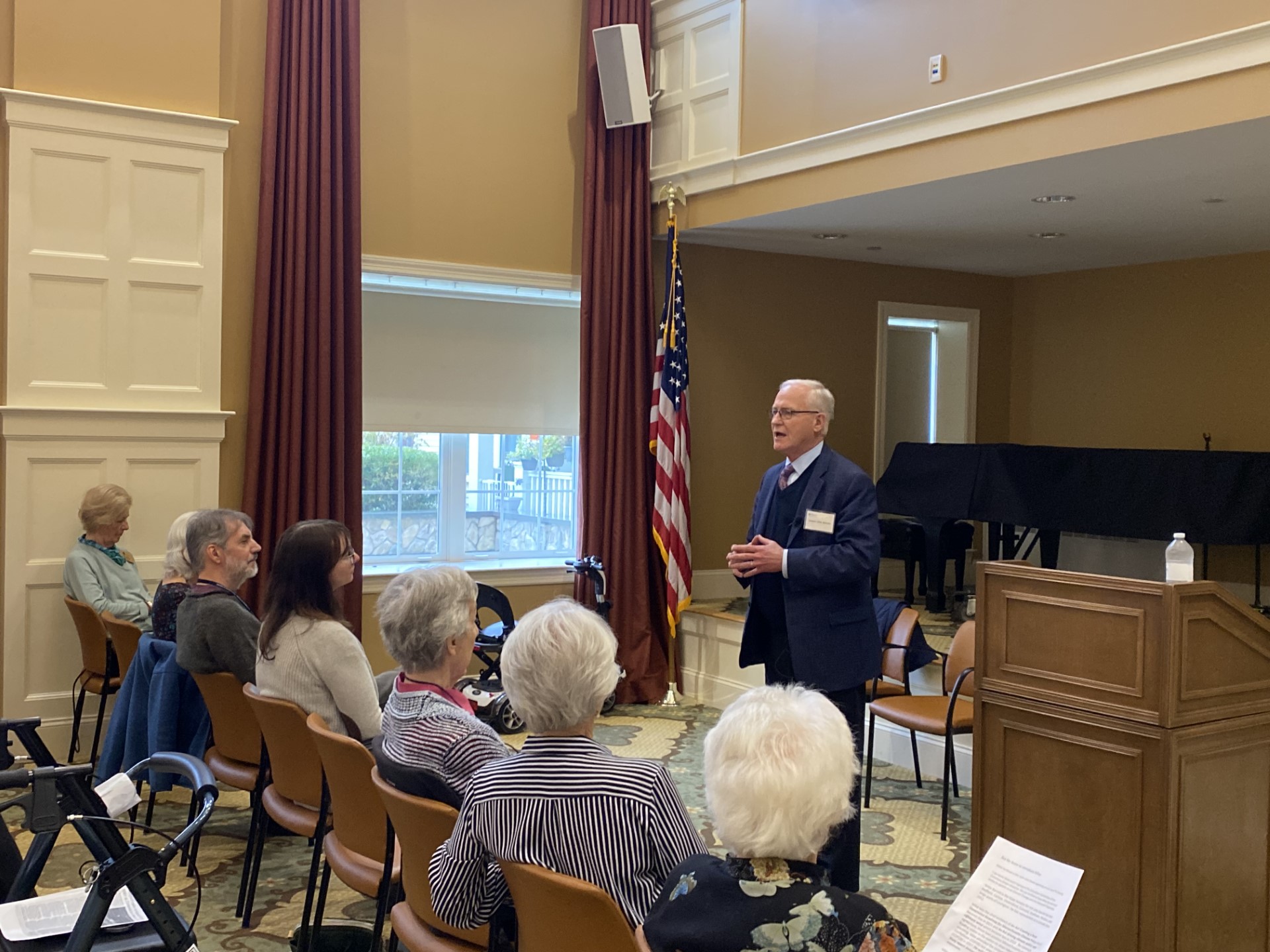Boston Globe
Wednesday’s order may have felt like an especially big win for climate advocates, considering how far things have moved, and how quickly. After the proceeding began three years ago, the DPU asked the gas companies to lead the first phase of the process, giving them the ability to write the first draft of a plan for reaching net-zero emissions in 2050. What’s more, advocates said they were shut out of the deliberations after the DPU under Baker took steps to limit their involvement.
Then in 2022, the playing field shifted. Healey was elected governor, and the DPU was filled with her appointees who could rewrite the rules of the game. A bill signed into law earlier in 2022 included language that ensured the ultimate decision would be wrested from the Baker DPU, and handled instead by Healey’s administration.
“Carrying this over to the new governor’s regime was putting it on uncharted ground,” said state Senator Michael Barrett, a coauthor of the 2022 climate bill. “If you’re a gas utility, I think they had every reason to be concerned and this report would bear that out.”
Read More
